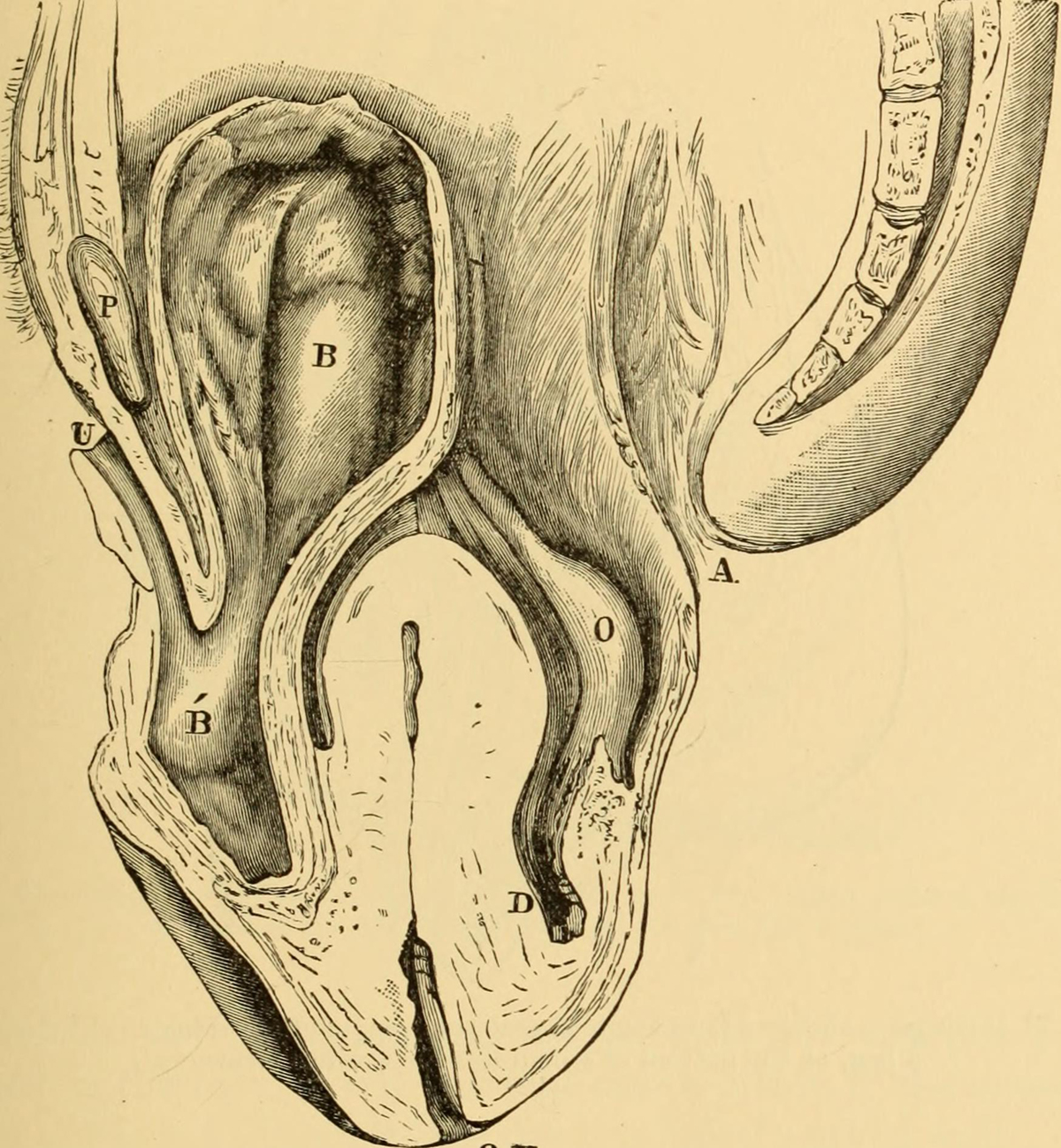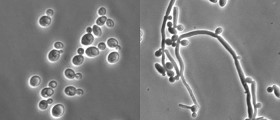
There are many things that can interfere with a woman’s normal sexual activity. The reasons can be psychological or physiological. When it comes to physiological aspects, related to the female body, the reproductive system and overall health, there are a lot of conditions, problems and symptoms that not only interfere with normal sexual activity but also threaten to affect overall health and fertility.
What is vaginal dryness?
Vaginal dryness means that there is not enough lubrication in the vagina. The moisture in the vagina is important for many reasons and one of them is that it enables normal, smooth and painless sexual intercourse. The vagina is kept moist and supple through lubrication that comes from glands located near the cervix. As the secretions travel down from the cervix to the opening of the vagina, they sweep dead cells and various types of dirt. They also pick up potential pathogens, such as bacteria and fungi. Vaginal moisture is also slightly acidic, which is important because many pathogens, especially fungi, cannot survive in overly acidic environment. Given the role that vaginal moisture plays in the health of the vagina, it is not only normal but also very beneficial to experience some whitish discharge from the vagina every now and then.
As for the sexual intercourse, when a woman is excited, the Bartholins glands in the vagina produce extra moisture to make the passage of the penis easier and smoother. This is important because otherwise the intercourse would be painful and uncomfortable.
Vaginal dryness means that the glands do not produce sufficient moisture. This causes significant discomfort not only during sex but also most of the time, especially when sitting, walking and urinating. Vaginal dryness is a common problem among women in menopause, but it can also affect those who have not yet reached that point in life.
Vaginal dryness before and after menopause
Even though vaginal dryness is largely associated with menopause, it can also affect women before menopause. It is estimated that 17% percent of pre-menopausal women, between ages 18 and 50, have problems with vaginal dryness. One of the most common reasons behind vaginal dryness in those women is the fact they are actually not sexually aroused, or they are not aroused sufficiently, which can be related to inadequate foreplay or to various psychological reasons. Some habits, such as alcohol consumption, drug abuse and smoking, also affect the amount of vaginal moisture.
Vaginal dryness may also be related to harsh soaps and other cleaning products, perfumes, swimming pool chemicals, allergies, as well as some medications, like cold and flu drugs, allergy drugs, antidepressants and others.
On the other hand, vaginal dryness after menopause is much more common. Menopause is a period in every woman’s life when she gradually stops having menstrual periods. The ovaries no longer produce the eggs and a woman after menopause cannot become pregnant. During this process, a lot of changes occur in the body, governed by hormonal changes. Typical symptoms of menopause include hot flashes, difficulty sleeping, changes in appetite, mood swings and, of course, vaginal dryness.
Vaginal dryness after menopause is associated with estrogen levels. Estrogen is a female sex hormone that is produced in lesser amounts once a woman reaches menopause. Without estrogen, the skin, lining and supportive tissues of vulva and vagina become thinner and less elastic, and the lubrication of the vagina during sexual intercourse is significantly reduced. This causes vaginal dryness or vaginal atrophy.
Vaginal dryness is common among menopausal women and it affects approximately 58% of them. The most significant effect of this problem is pain during sexual intercourse. In addition to poor lubrication of the vagina, the skin and the lining become thinner and, without necessary lubrication, the chance of tears and abrasions is higher.
Solutions for vaginal dryness
The first step in dealing with the problem of vaginal dryness is recognizing the problem. Some of the telltale signs of vaginal dryness include pain, burning and irritation during sexual intercourse, bleeding or spotting after intercourse and more than usual discomfort during gynecological exams and smears.
Whether the vaginal dryness occurs before or after menopause, women who have this problem are strongly advised to talk to their doctor, who will recommend solutions. For women in menopause, one of the solutions is local estrogen. It can be in form of vaginal tablets, rings, creams or pessaries. In addition to relieving the discomfort due to vaginal dryness, local estrogen also improves the pH levels in the vagina and keeps bacteria and fungi at bay.
There are other solutions too, also suitable for women who have not yet reached menopause. Vaginal lubricants are very popular because they are widely available, easy to use and they are not expensive. Most doctors suggest water-based starch lubricants because they are similar to the natural vaginal moisture. However, lubricants need to be applied before each sexual intercourse, which is why some women prefer vaginal moisturizers. Vaginal moisturizers are applied every two or three days and they keep the vagina moisturized in the meantime.
Petroleum-based products are recommended for skin and lining damage caused by vaginal dryness.
In conclusion, vaginal dryness is a common problem, especially among women in menopause. It is painful and disturbing and it can have a serious impact on a woman’s life. Fortunately, there are many solutions for it, as long as the problem is discussed with a doctor.

















Your thoughts on this
Loading...